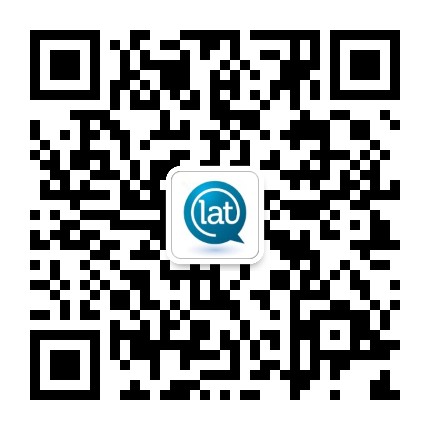China’s outbound tourism market is booming. In 2010, some 54 million Chinese tourists spent US$48 billion on trips abroad. The continued growth means North American companies offering tourism products and services have a great opportunity to build their business. But to be successful, it helps to know a few basics:

Culture and tradition are a big part of any tourist experience. While travelling abroad we want to participate in the local ways, but to some extent we retain our own cultural expectations. Chinese travellers are no different. At home, tradition, respect, and a collective approach to social, business, and commercial dealings is the Chinese way of life. That approach can be confusing to North American manners, where the notion of equality pervades our social mores. Multilingual options are an excellent way to help bridge that gap. The better your communications, the easier it is to manage the expectations of your customers. Since Chinese tourists are part of a growing middle class with computers and online access, it’s worthwhile to consider a custom translation of your existing English-language website, to reach Chinese visitors in their own language.
It’s also worthwhile to target your tourism offerings to the peak travel times for the Chinese outbound market. The Lunar New Year, and annual National Holiday at the start of October are the big travel times, where it’s customary to visit relatives. With more and more Chinese people residing in Canada, that also means a bump in visitors at those times. Chinese Lunar New Year or Spring Festival begins Feb 10 in 2013 (Year of the Snake). National Day travel usually occurs between Oct 1 – 7. For official holidays, workers usually work a weekend adjacent to the actual holiday and take weekdays off instead, creating a longer vacation period.
2012 is the Year of the Dragon in the Chinese calendar – an auspicious time to do business. LAT gives you plenty of options to start reaching a new audience of Chinese tourists right away. A Mandarin version of your existing English language website is a sensible first step. We can also provide expert, localized translations for print, video sub-titling, or packaging and labeling. The emerging Chinese market for travel is a great opportunity to reach new customers with growing spending power. Contact us to arrange for a free estimate for the Chinese translation projects you have in mind.













